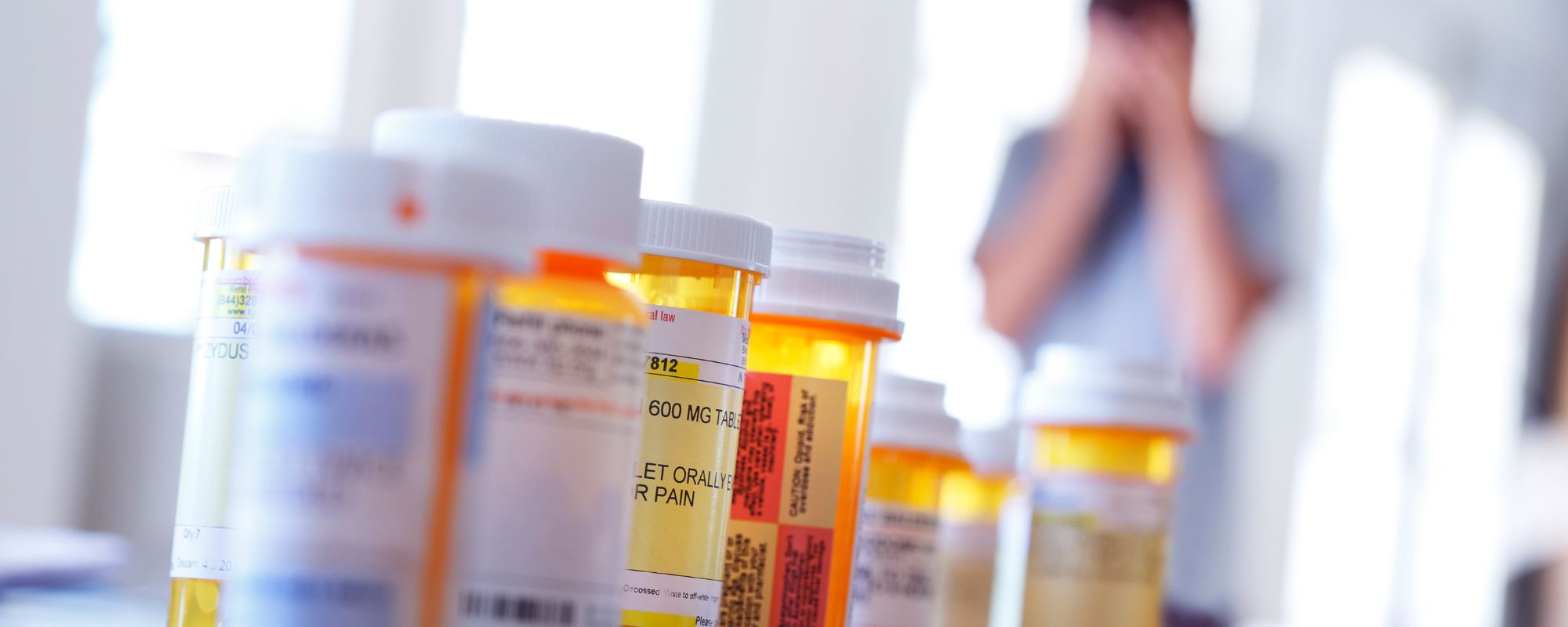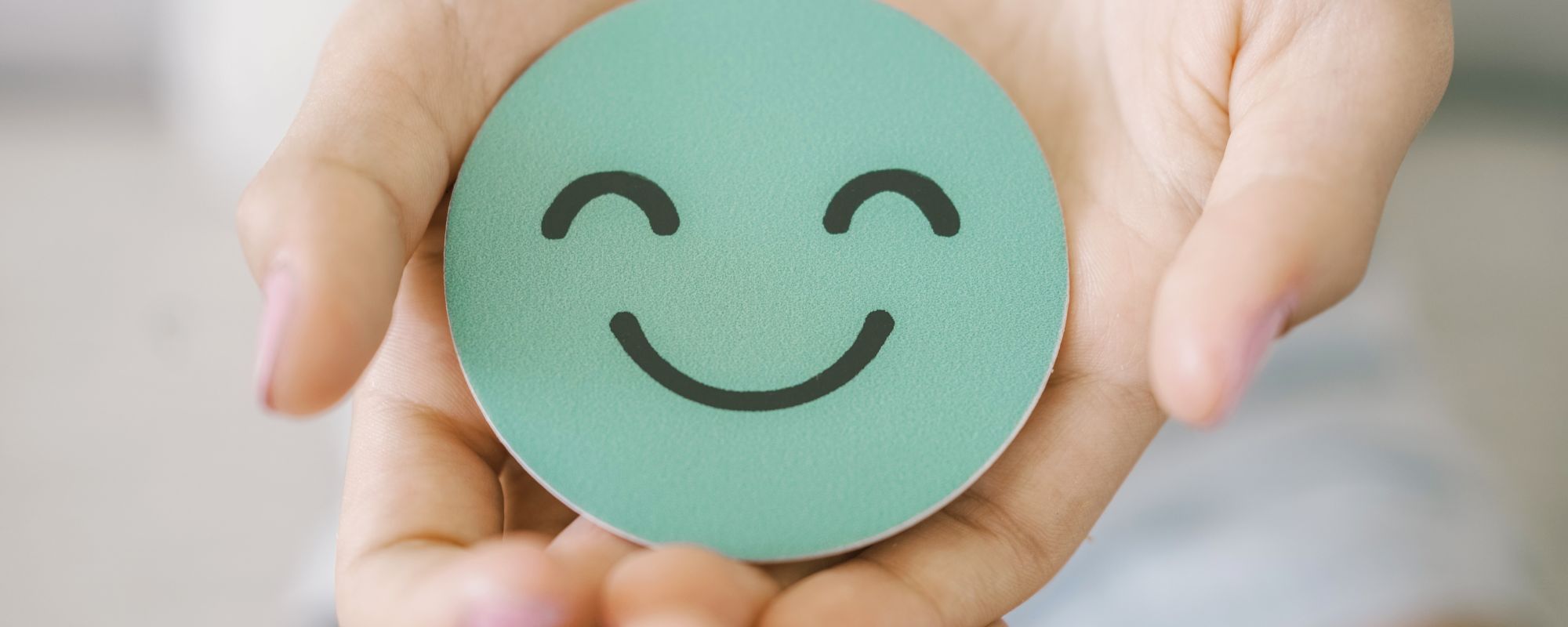If you’re taking Suboxone or receiving treatment for opioid use disorder, know that you’re doing the right thing for yourself and your health. It means being acutely aware of how harmful opioid addiction can be — more than 10 million people abuse them each year, and 50,000 succumb annually to opioid overdoses.
As a MOUD, or Medication for Opioid Use Disorder, Suboxone greatly minimizes these risks (reducing fatal opioid overdoses by nearly 50%) and better enables and enhances your chances at recovery. But does being on a Suboxone prescription mean you’re allowed to consume other substances?
For instance, can you drink alcohol and take Suboxone without complicating your progress or, worse, complicating an opioid addiction? Alcohol may still be part of your life — socially, occasionally, or more regularly. But using both can lead to outcomes that aren’t always predictable. What ultimately is the result of Suboxone and alcohol interaction, even if you drink in moderation?
Keep reading to learn more about the harmful effects of Suboxone and alcohol.
What Is Suboxone?
Suboxone is the brand name of an FDA-approved MOUD and combination of two generic drugs, buprenorphine and naloxone. It’s available in tablet form or as a sublingual film that dissolves under your tongue.
Both can serve you well if you’re in rehab and starting medication-assisted treatment (MAT), especially during the detox phase when reducing opioid withdrawal symptoms is a chief goal. Studies have shown Suboxone to be more effective than methadone.
Suboxone imparts additional benefits that speak to your future in recovery — a study of 110 people taking buprenorphine (either on its own or from Suboxone) indicated that they are more likely to be sober, involved in 12-step support groups, and employed while being administered the drug.
How Does Suboxone Work?
When someone has an opioid addiction, it makes changes to the brain, flooding its reward center and causing the person to want more and more of the drug. As Suboxone, the combination of buprenorphine and naloxone work in tandem to replace these opioids, effectively tricking your brain into not missing the original opioids.
How does this happen? Suboxone is a type of opioid, but it works by binding to the same receptors in your brain that opioids attach to. However, because buprenorphine — a painkiller and partial opioid agonist — only partially activates these receptors, it eases withdrawal symptoms and cravings without the full euphoric effects.
The role naloxone plays in Suboxone is as an opioid antagonist. Together with buprenorphine, it attaches to your brain’s opioid receptors to block the effects of other addictive opioids. Naloxone is also effective in reversing opioid overdoses. The naloxone component essentially serves as a built-in safeguard in the medication’s formulation.
Suboxone Abuse
Since Suboxone is also a type of narcotic opioid — albeit less potent than fentanyl, oxycodone, or heroin — is it still addictive?
Buprenorphine, its first active ingredient, is a Schedule III controlled substance, where your risk of developing a Suboxone dependence (when your body begins to rely on a drug) is low to moderate. “Because it is only a partial agonist of the main opiate receptor (the ‘mu’ receptor), it causes significantly less euphoria than other opiates such as heroin and oxycodone,” states a study by Harvard Medical School. “As such, it is less prone to misuse.”
Experts point to the drug’s ceiling effect — after a certain dosage, taking more won’t increase its effects. (Your initial dose may start at 4 milligrams buprenorphine/1 milligram naloxone, with a maximum dosage of 24 milligrams a day.) The naloxone in Suboxone works hard to counteract this possibility. The relationship between buprenorphine and naloxone makes the chances of abuse, addiction or overdose minimal.
“When people do overdose on Suboxone, it is almost always because they are mixing it with sedatives such as benzodiazepines, medicines that can additively impair breathing,” states Harvard Medical School. However, you shouldn’t take more Suboxone than instructed. On its own, too much buprenorphine can lead to abuse and eventual addiction or fatal overdose.
Looking for quality treatment for substance abuse and mental health that’s also affordable? Aliya Health Group's treatment facilities accept most major insurance providers. Get a free insurance benefits check now!
Check Your CoverageIs Drinking Alcohol on Suboxone Safe?
Mixing Suboxone with other illicit, habit-forming drugs is not recommended, and alcohol and Suboxone are no exception. Can you drink alcohol and take suboxone? The short answer is no — drinking alcohol on Suboxone is not safe or recommended.
Firstly, if you’re in early recovery, alcohol can act as a trigger for opioid relapse. It lowers inhibitions and impairs judgment, increasing one’s risk of returning to opioid use. It works against Suboxone’s goal of making opioid withdrawal easier.
Mixing Suboxone and alcohol primarily creates adverse effects that can prove dangerous even if you drink in moderation:
- Enhanced sedation: Alcohol intensifies some of the effects that Suboxone can cause and can lead to extreme drowsiness, lethargy, or even unconsciousness.
- Respiratory depression: When taken simultaneously, both drugs — which can slow breathing — increase your risk of respiratory problems.
- Cognitive impairment: Driving or operating machinery is not recommended when drinking or taking any drugs, but suboxone and alcohol interaction may impair your judgment, coordination, and reaction times, raising your risk of accidents or injuries.
- Increased abuse and dependency risk: You might assume that because Suboxone isn’t a full opioid, the risk of becoming dependent is lower, even with other substances. But mixing suboxone and alcohol can accelerate suboxone and alcohol abuse, leading to higher tolerance and the need to take more Suboxone. This can raise the risk of dependence on both substances.
The Dangers of Long-Term Alcohol Abuse
Combining Suboxone and alcohol together carries its own unique set of risk factors, but chronic alcohol abuse on its own can pose several devastating long-term effects to nearly every organ in your body:
- Like other addictive substances, alcohol makes neurological changes to your brain chemistry. It disrupts its communication centers and can impair your thinking, mood, coordination, and behavior. Heavy drinking also increases your risk of suffering ischemic or hemorrhagic strokes, according to the National Institute on Alcohol Abuse and Alcoholism.
- Even moderate drinking in the long term can place a strain on your heart, leading to heart disease, cardiomyopathy, high blood pressure or increased stroke risk.
- Alcohol abuse taxes your liver — the primary organ that processes alcohol — and can lead to everything from cirrhosis, steatosis (fatty liver), fibrosis and hepatitis.
- Excessive drinking may lead to the eventual development of pancreatitis, a troubling inflammation of the pancreas that can cause digestive problems.
- The risk of cancer — from head/neck, liver, breast and esophageal — increases while your immune system becomes weakened from long-term alcohol abuse.
According to the U.S. Centers for Disease Control and Prevention, approximately 178,000 people die each year from the effects of alcohol abuse.
Beyond your physical health, alcohol abuse can impact so many facets of your life. Relationships can deteriorate due to alcohol-related behavioral changes. Your employment and financial stability can become jeopardized when drinking causes your work performance to suffer. Drinking can take a toll on mental health, leading to depression, anxiety, and more.
Polysubstance Abuse Help
Polysubstance abuse is the taking of more than one drug together at the same time or during a short duration. It can be unintentional, like taking an illegal drug unaware that it’s been mixed with another dangerous substance. Or it can be intentional, like drinking alcohol on suboxone.
If you’ve begun mixing suboxone and alcohol after starting opioid treatment, how do you know when you have a problem? You may find it harder to stop drinking while on Suboxone, despite knowing the risks. You might start taking more Suboxone than instructed when drinking. Or, if you find yourself hiding a burgeoning drinking problem from your therapist or family members, it may be time to seek help for abusing both substances.
Get confidential help from our addiction and mental health treatment facilities located across the United States. Call to join one of our quality programs today!
Speak With Our Admissions TeamSubstance Abuse Treatment Programs
A proper, effective addiction treatment program should follow a comprehensive and careful trajectory to address your symptoms and the underlying nature of why and how you’ve developed a substance use disorder — whether it’s alcohol use disorder on its own or a polysubstance use disorder in Suboxone and alcohol together.
Detox
Detoxification is the first step in rehab, the process of ending usage of a drug and waiting for your system to rid itself of every trace while managing Suboxone and alcohol withdrawal. In a treatment facility, you’re not alone, and detox is never a cold turkey affair, leaving you to your own devices. Instead, you’re in the caring, capable hands of a clinical staff, from a doctor to nurses and other addiction specialists, to ensure your stay in detox is as comfortable as possible.
During detox, you’ll receive 24/7 monitoring of vital signs, medications to manage withdrawal symptoms, nutritional support to address deficiencies, and other support. Once a substance has been cleared from your body through detox, it gives you a clean slate to continue with treatment.
Inpatient Treatment
After detox, many people with severe addictions may benefit from inpatient treatment. The “in” in inpatient means you’ll stay for a time at a treatment facility so you can devote your full, undivided, 24/7 focus to getting well, free of distractions or triggers. Like a retreat to become drug- and substance-free, inpatient is a structured approach to treatment enabling you to commit fully to recovery. This is the stage where you’ll begin therapy, either individually with a therapist or in a group setting with other peers fighting similar issues.
Outpatient Treatment
Outpatient therapy allows you to return home each day after your scheduled treatment is finished. It’s ideal for people who are exiting an inpatient environment and can qualify for less intensive treatment or for those whose substance abuse issues aren’t as severe and don’t necessitate an on-site stay. It’s a best-of-both-worlds opportunity since you can attend therapy and group sessions several times a week while maintaining responsibilities at home or work without having to sacrifice your recovery or your personal and professional obligations.
Aftercare
Rehab is like school; your treatment regimen may conclude, but when you graduate, your education is never actually complete. Aftercare is the equivalent of continuing education once you’ve become a rehab alumnus. Your therapist and case manager can connect you with resources like sober living, local support groups (like Alcoholics or Narcotics Anonymous), and even chances to continue ongoing therapy at your treatment center. Aftercare is designed to keep you accountable for your own recovery and to help you stay in sober shape.
Using Insurance for Addiction Rehab
Suboxone is just one avenue to help treat opioid use disorder; it is effective in easing one’s withdrawal symptoms and cravings and making therapy and life in recovery a tool to help you live your best, sober life. Many people forego rehab because they are afraid of the out-of-pocket expenses. However, we accept most major insurance carriers, and we can work with you to minimize your addiction treatment costs.
That one phone call can change your life to get you on the road to recovery from alcohol and Suboxone abuse, so contact us today; our admissions team is on hand 24/7 to verify your insurance, lay out your options for treatment, and help tailor a treatment plan for you or a loved one.
- https://drugabusestatistics.org/opioid-epidemic/
- https://www.webmd.com/mental-health/addiction/opioid-use-disorder-suboxone
- https://www.health.harvard.edu/blog/5-myths-about-using-suboxone-to-treat-opiate-addiction-2018032014496
- https://www.fda.gov/drugs/information-drug-class/information-about-medications-opioid-use-disorder-moud
- https://pmc.ncbi.nlm.nih.gov/articles/PMC5855417/
- https://nida.nih.gov/publications/drugfacts/naloxone
- https://www.healthline.com/health/addicted-to-suboxone#addiction-risk
- https://www.sciencedirect.com/science/article/pii/S0376871622003416
- https://www.ncbi.nlm.nih.gov/books/NBK459126/
- https://www.niaaa.nih.gov/alcohols-effects-health/alcohols-effects-body
- https://www.cdc.gov/alcohol/about-alcohol-use/index.html
- https://my.clevelandclinic.org/health/diseases/polysubstance-abuse















